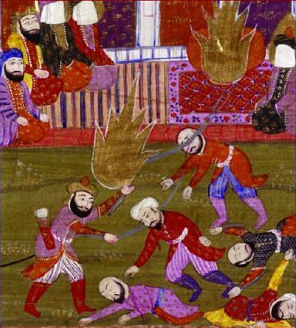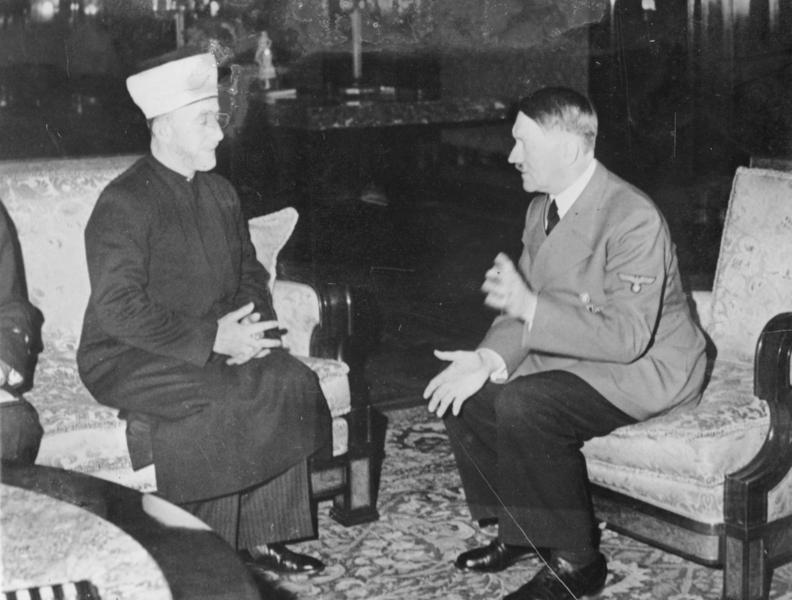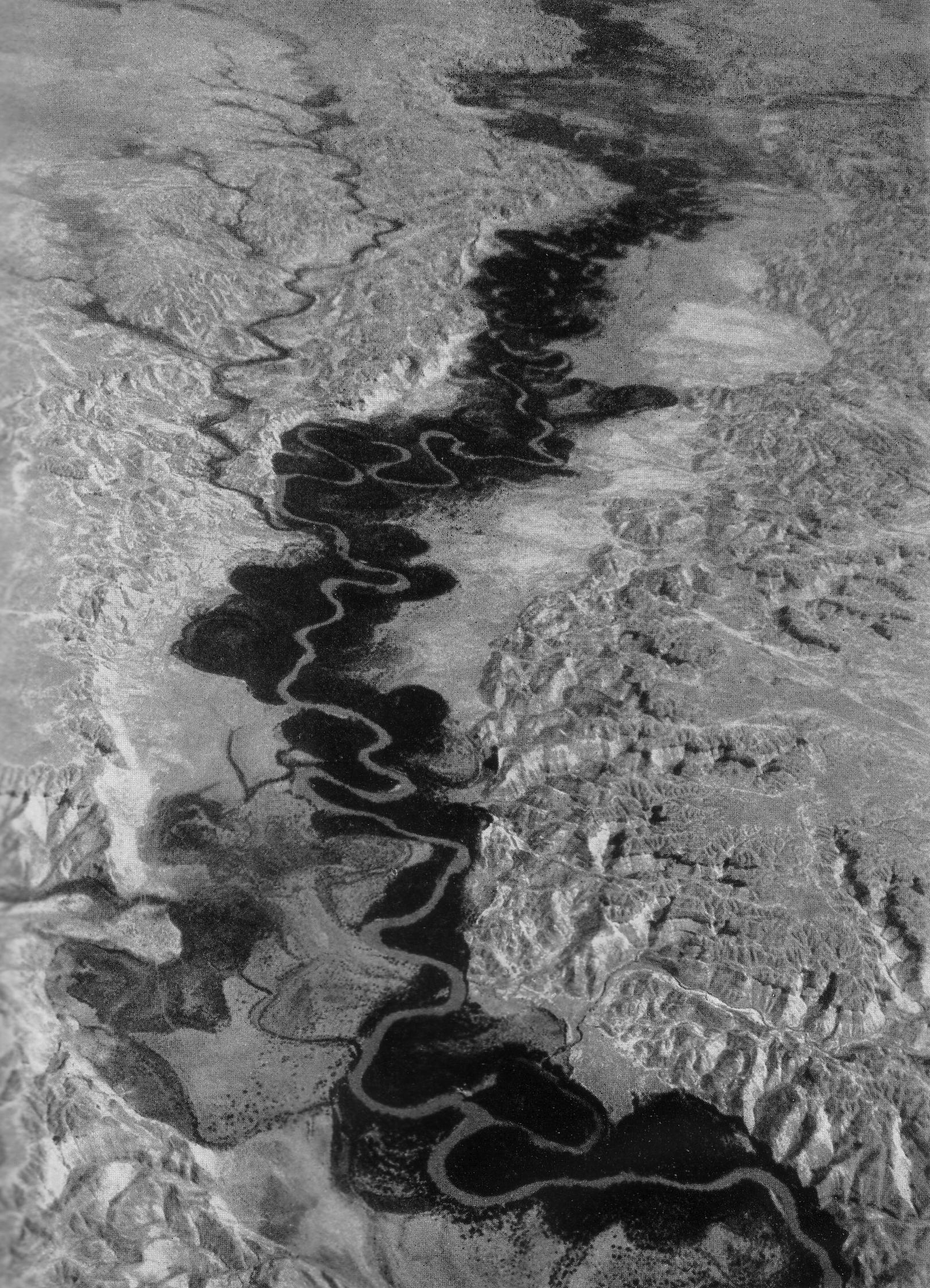|
Battle Of Hebron
The 1834 Hebron massacre occurred in early August 1834, when the forces of Ibrahim Pasha launched an assault against Hebron to crush the last pocket of significant resistance in Palestine during the Peasants' revolt in Palestine. After heavy street battles, the Egyptian Army defeated the rebels of Hebron, and afterward subjected Hebron's inhabitants to violence following the fall of the city. About 500 civilians and rebels were killed, while the Egyptian Army experienced 260 casualties. Although the Jews had not participated in the uprising and despite Ibrahim Pasha's assurances that the Jewish quarter would be left unharmed, Hebronite Jews were attacked. A total of 12 Jews were killed. The Jews of Hebron later referred to the events as a ''Yagma el Gabireh'' ("great destruction"). Background The peasants' revolt of 1834 was a popular uprising against conscription and disarmament measures applied by Ibrahim Pasha that took five months to quell. Though notables play a key ro ... [...More Info...] [...Related Items...] OR: [Wikipedia] [Google] [Baidu] |
Peasants' Revolt In Palestine
The Peasants' Revolt was a rebellion against Egyptian conscription and taxation policies in Palestine. While rebel ranks consisted mostly of the local peasantry, urban notables and Bedouin tribes also formed an integral part of the revolt, which was a collective reaction to Egypt's gradual elimination of the unofficial rights and privileges previously enjoyed by the various classes of society in the Levant under Ottoman rule.Rood, 2004, p139/ref> As part of Muhammad Ali's modernization policies, Ibrahim Pasha, the Egyptian governor of the Levant, issued conscription orders for a fifth of all Muslim males of fighting age. Encouraged by rural sheikh Qasim al-Ahmad, the urban notables of Nablus, Hebron and the Jerusalem-Jaffa area did not carry out Ibrahim Pasha's orders to conscript, disarm and tax the local peasantry. The religious notables of Safad followed suit. Qasim and other local leaders rallied their kinsmen and revolted against the authorities in May 1834, taking contro ... [...More Info...] [...Related Items...] OR: [Wikipedia] [Google] [Baidu] |
Safed Plunder
The 1834 looting of Safed ( he, ביזת צפת בשנת תקצ"ד, "Plunder of Safed, 5594 AM") was a prolonged attack against the Jewish community of Safed, Ottoman Empire, during the 1834 Peasants' Revolt. It began on Sunday June 15 (7 Sivan), the day after the Jewish holiday of Shavuot, and lasted for the next 33 days.Bloch, Abraham POne a day: an anthology of Jewish historical anniversaries 1987. pg. 168. Rabbi Isaac b. Solomon Farhi records that the pillage continued for 24 days. Most contemporary accounts suggest it was a spontaneous attack which took advantage of a defenseless population in the midst of the armed uprising against Egyptian rule. The district governor tried to quell the violent outbreak, but failed to do so and fled. The event took place during a power vacuum, whilst Ibrahim Pasha of Egypt was fighting to quell the wider revolt in Jerusalem. Accounts of the month-long event tell of large scale looting, as well as killing and raping of Jews and the destruc ... [...More Info...] [...Related Items...] OR: [Wikipedia] [Google] [Baidu] |
August 1834 Events
August is the eighth month of the year in the Julian and Gregorian calendars, and the fifth of seven months to have a length of 31 days. Its zodiac sign is Leo and was originally named '' Sextilis'' in Latin because it was the 6th month in the original ten-month Roman calendar under Romulus in 753 BC, with March being the first month of the year. About 700 BC, it became the eighth month when January and February were added to the year before March by King Numa Pompilius, who also gave it 29 days. Julius Caesar added two days when he created the Julian calendar in 46 BC (708 AUC), giving it its modern length of 31 days. In 8 BC, it was renamed in honor of Emperor Augustus. According to a Senatus consultum quoted by Macrobius, he chose this month because it was the time of several of his great triumphs, including the conquest of Egypt. Commonly repeated lore has it that August has 31 days because Augustus wanted his month to match the length of Julius Caesar's July, but ... [...More Info...] [...Related Items...] OR: [Wikipedia] [Google] [Baidu] |
1834 In Ottoman Syria
Events January–March * January – The Wilmington and Raleigh Railroad is chartered in Wilmington, North Carolina. * January 1 – Zollverein (Germany): Customs charges are abolished at borders within its member states. * January 3 – The government of Mexico imprisons Stephen F. Austin in Mexico City. * February 13 – Robert Owen organizes the Grand National Consolidated Trades Union in the United Kingdom. * March 6 – York, Upper Canada, is incorporated as Toronto. * March 11 – The United States Survey of the Coast is transferred to the Department of the Navy. * March 14 – John Herschel discovers the open cluster of stars now known as NGC 3603, observing from the Cape of Good Hope. * March 28 – Andrew Jackson is censured by the United States Congress (expunged in 1837). April–June * April 10 – The LaLaurie mansion in New Orleans burns, and Madame Marie Delphine LaLaurie flees to France. * April 14 – The Whig Party is officially named by United ... [...More Info...] [...Related Items...] OR: [Wikipedia] [Google] [Baidu] |
History Of Hebron
Hebron ( ar, الخليل or ; he, חֶבְרוֹן ) is a Palestinian. city in the southern West Bank, south of Jerusalem. Nestled in the Judaean Mountains, it lies above sea level. The second-largest city in the West Bank (after East Jerusalem), and the third-largest in the Palestinian territories (after East Jerusalem and Gaza), it has a population of over 215,000 Palestinians (2016), and seven hundred Jewish settlers concentrated on the outskirts of its Old City. It includes the Cave of the Patriarchs, which Jewish, Christian, and Islamic traditions all designate as the burial site of three key patriarchal/matriarchal couples. The city is often considered one of the four holy cities in Judaism. as well as in Islam. Hebron is considered one of the oldest cities in the Levant. According to the Bible, Abraham settled in Hebron and bought the Cave of the Patriarchs as a burial place for his wife Sarah. Biblical tradition holds that the patriarchs Abraham, Isaac, and Jacob, ... [...More Info...] [...Related Items...] OR: [Wikipedia] [Google] [Baidu] |
Jews And Judaism In Ottoman Palestine
Jews ( he, יְהוּדִים, , ) or Jewish people are an ethnoreligious group and nation originating from the Israelites Israelite origins and kingdom: "The first act in the long drama of Jewish history is the age of the Israelites""The people of the Kingdom of Israel and the ethnic and religious group known as the Jewish people that descended from them have been subjected to a number of forced migrations in their history" and Hebrews of historical Israel and Judah. Jewish ethnicity, nationhood, and religion are strongly interrelated, "Historically, the religious and ethnic dimensions of Jewish identity have been closely interwoven. In fact, so closely bound are they, that the traditional Jewish lexicon hardly distinguishes between the two concepts. Jewish religious practice, by definition, was observed exclusively by the Jewish people, and notions of Jewish peoplehood, nation, and community were suffused with faith in the Jewish God, the practice of Jewish (religious) l ... [...More Info...] [...Related Items...] OR: [Wikipedia] [Google] [Baidu] |
Antisemitism In The Ottoman Empire
Antisemitism in Islam refers to scriptural and theological teachings in Islam against Jews and Judaism, and the treatment and persecution of Jews in the Muslim world. With the rise of Islam in Arabia in the 7th century CE and its subsequent spread during the early Muslim conquests, Jews, alongside many other peoples, became subject to the rule of Islamic polities. The quality of Muslim rule varied considerably in different periods, as did the attitudes of the rulers, government officials, the clergy, and the general population towards various subjugated ethnic and religious groups, ranging from tolerance to open persecution. Scholars have studied and debated Muslim attitudes towards Jews, as well as the treatment of Jews in Islamic thought and societies throughout the history of Islam. Range of opinions *Claude CahenClaude Cahen. "Dhimma" in ''Encyclopedia of Islam''. and Shelomo Dov GoiteinShelomo Dov Goitein, ''A Mediterranean Society: An Abridgment in One Volume'', p. ... [...More Info...] [...Related Items...] OR: [Wikipedia] [Google] [Baidu] |
Antisemitism In Palestine
Racism in the Palestinian territories encompasses all forms and manifestations of racism experienced in the Palestinian Territories, of the West Bank, Gaza Strip, Gaza, and East Jerusalem, irrespective of the religion, colour, creed, or ethnic origin of the perpetrator and victim, or their History of Palestinian nationality, citizenship, residency (domicile), residency, or Tourist, visitor status. It may refer to Jewish settler attitudes regarding Palestinians as well as Palestinian attitudes to Jews and the settlement enterprise undertaken in their name. Accusations of racism and discrimination have been leveled by Palestinians and Israelis against each other. Racism in the Palestinian territories may also be used to refer to prejudice directed at Palestinians of African origin, such as the Afro-Palestinians, Afro-Palestinian community. It has been claimed that racism on the part of Palestinians against Jewish people has been displayed in the realms of educational curriculum, offi ... [...More Info...] [...Related Items...] OR: [Wikipedia] [Google] [Baidu] |
Anti-Jewish Pogroms By Muslims
Antisemitism (also spelled anti-semitism or anti-Semitism) is hostility to, prejudice towards, or discrimination against Jews. A person who holds such positions is called an antisemite. Antisemitism is considered to be a form of racism. Antisemitism has historically been manifested in many ways, ranging from expressions of hatred of or discrimination against individual Jews to organized pogroms by mobs, police forces, or genocide. Although the term did not come into common usage until the 19th century, it is also applied to previous and later anti-Jewish incidents. Notable instances of persecution include the Rhineland massacres preceding the First Crusade in 1096, the Edict of Expulsion from England in 1290, the 1348–1351 persecution of Jews during the Black Death, the massacres of Spanish Jews in 1391, the persecutions of the Spanish Inquisition, the expulsion from Spain in 1492, the Cossack massacres in Ukraine from 1648 to 1657, various anti-Jewish pogroms in the Ru ... [...More Info...] [...Related Items...] OR: [Wikipedia] [Google] [Baidu] |
Al-Karak
Al-Karak ( ar, الكرك), is a city in Jordan known for its medieval castle, the Kerak Castle. The castle is one of the three largest castles in the region, the other two being in Syria. Al-Karak is the capital city of the Karak Governorate. Al-Karak lies to the south of Amman on the ancient King's Highway. It is situated on a hilltop about above sea level and is surrounded on three sides by a valley. Al-Karak has a view of the Dead Sea. A city of about 32,216 people (2005) has been built up around the castle and it has buildings from the 19th-century Ottoman period. The town is built on a triangular plateau, with the castle at its narrow southern tip. History Iron Age to Assyrian period Al-Karak has been inhabited since at least the Iron Age, and was an important city for the Moabites. In the Bible it is called ''Qer Harreseth'' or Kir of Moab, and is identified as having been subject to the Neo-Assyrian Empire; in the Books of Kings () and Book of Amos (), it is mentioned ... [...More Info...] [...Related Items...] OR: [Wikipedia] [Google] [Baidu] |
Jordan River
The Jordan River or River Jordan ( ar, نَهْر الْأُرْدُنّ, ''Nahr al-ʾUrdunn'', he, נְהַר הַיַּרְדֵּן, ''Nəhar hayYardēn''; syc, ܢܗܪܐ ܕܝܘܪܕܢܢ ''Nahrāʾ Yurdnan''), also known as ''Nahr Al-Sharieat'' ( ar, نهر الشريعة), is a river in the Middle East that flows roughly north to south through the Sea of Galilee (Hebrew: כנרת Kinneret, Arabic: Bohayrat Tabaraya, meaning Lake of Tiberias) and on to the Dead Sea. Jordan and the Golan Heights border the river to the east, while the West Bank and Israel lie to its west. Both Jordan and the West Bank take their names from the river. The river holds major significance in Judaism and Christianity. According to the Bible, the Israelites crossed it into the Promised Land and Jesus of Nazareth was baptized by John the Baptist in it. Geography The Jordan River has an upper course from its sources to the Sea of Galilee (via the Bethsaida Valley), and a lower course south of ... [...More Info...] [...Related Items...] OR: [Wikipedia] [Google] [Baidu] |
Dura, Hebron
Dura ( ar, دورا) is a Palestinian city located eleven kilometers southwest of Hebron, in the southern West Bank, in the Hebron Governorate of the State of Palestine. According to the Palestinian Central Bureau of Statistics, the town had a population of over 28,268 in 2007. The current mayor is Ahmad Salhoub. In 1517, the village was incorporated into the Ottoman Empire with the rest of Syria. After the British Mandate, in the wake of the 1948 Arab–Israeli War, Dura came under Jordanian rule. Dura was established as a municipality on January 1, 1967, five months before it came under Israeli occupation after the Six-Day War. Since 1995, it has been governed by the Palestinian National Authority, as part of Area A of the West Bank and as part of the Hebron Governorate of the State of Palestine. Etymology The present-day name of ''Dura'' has been identified with ancient ''Adoraim'' or the ''Adora'' of 1 Macc.13.20Robinson and Smith, 1841, vol 3, p4/ref> The village was origin ... [...More Info...] [...Related Items...] OR: [Wikipedia] [Google] [Baidu] |






